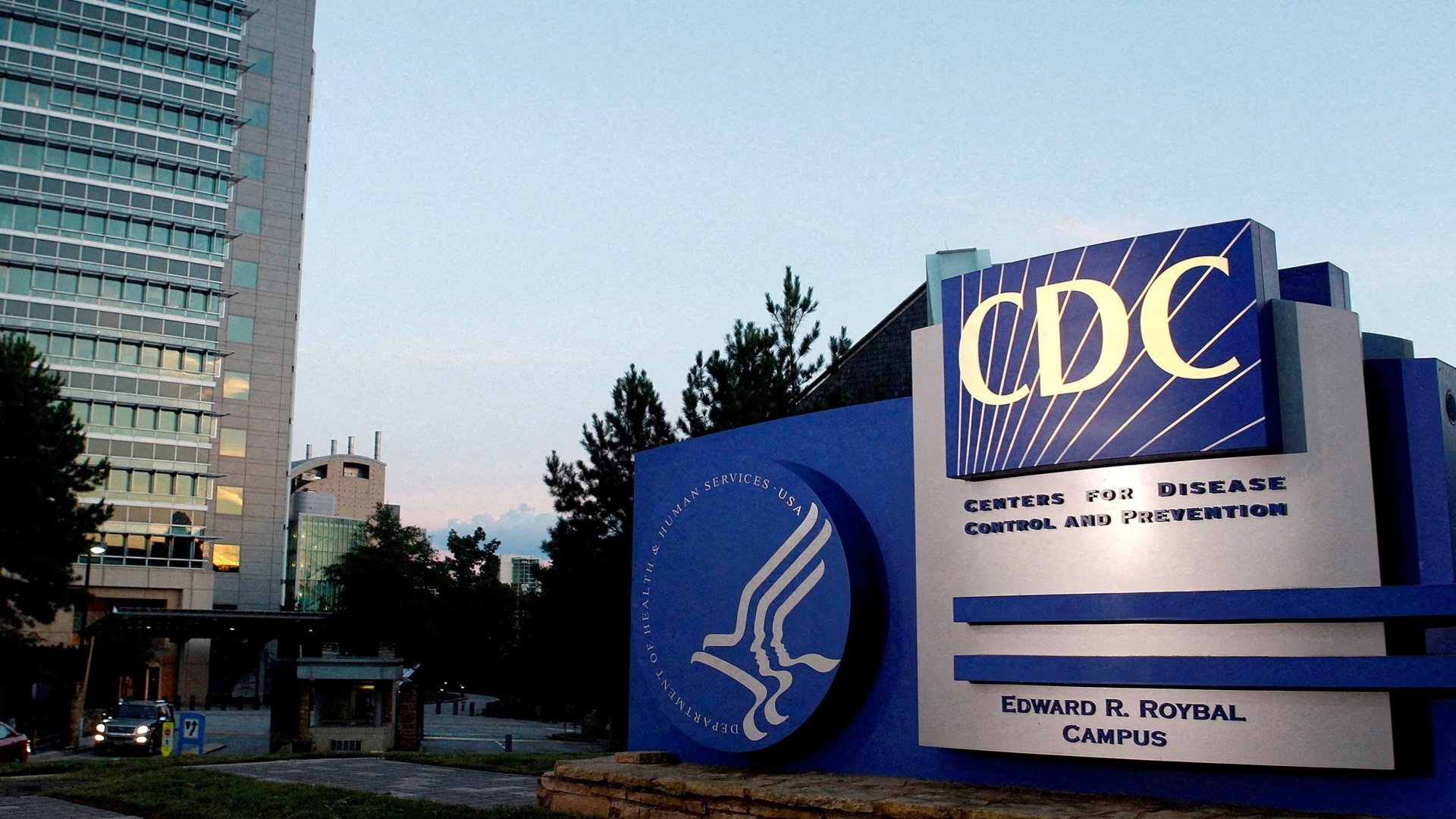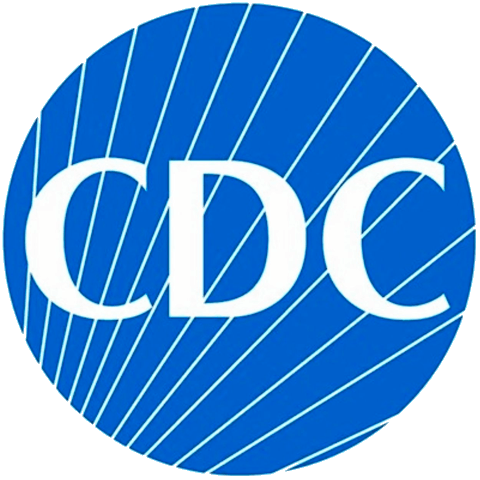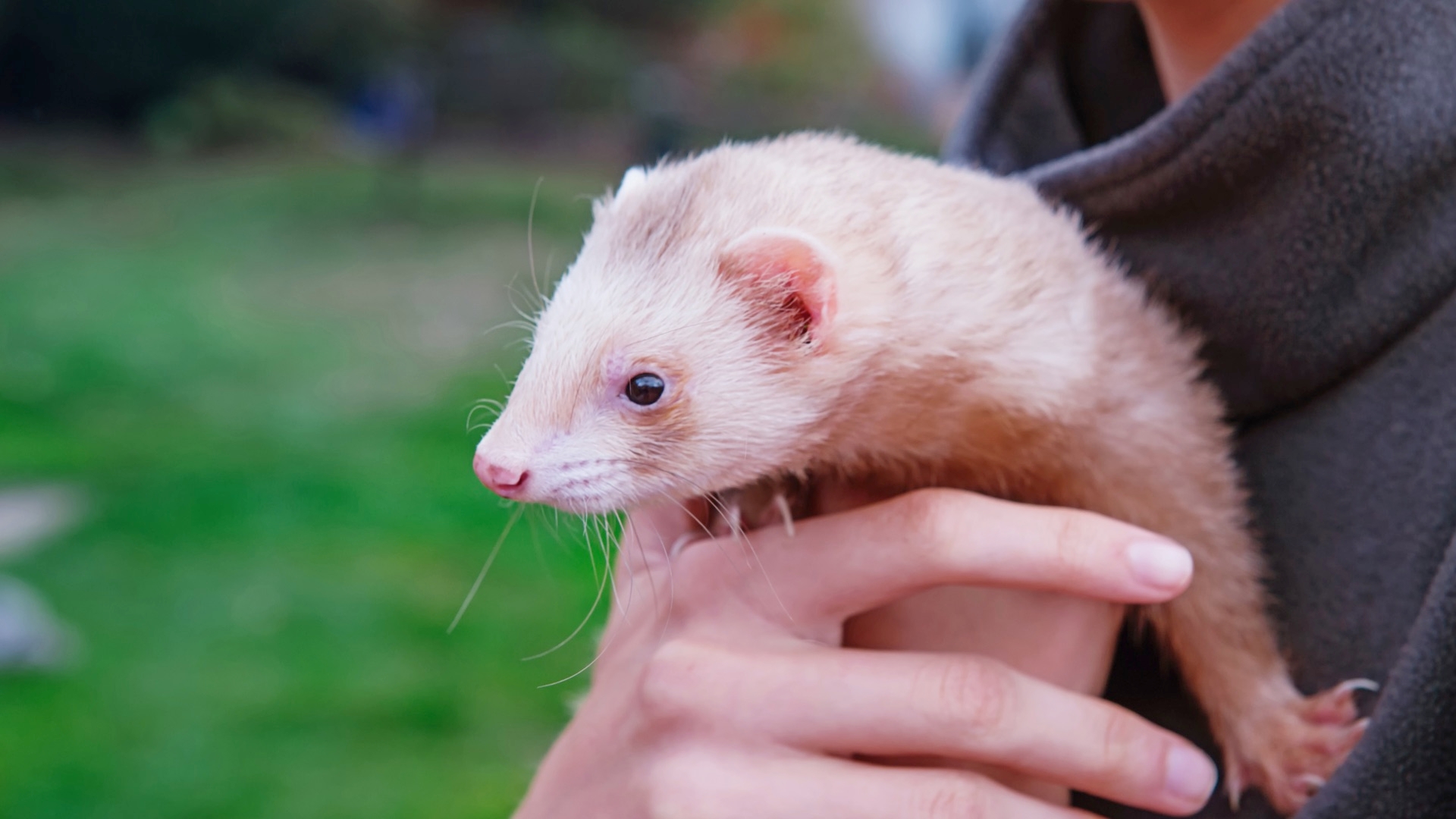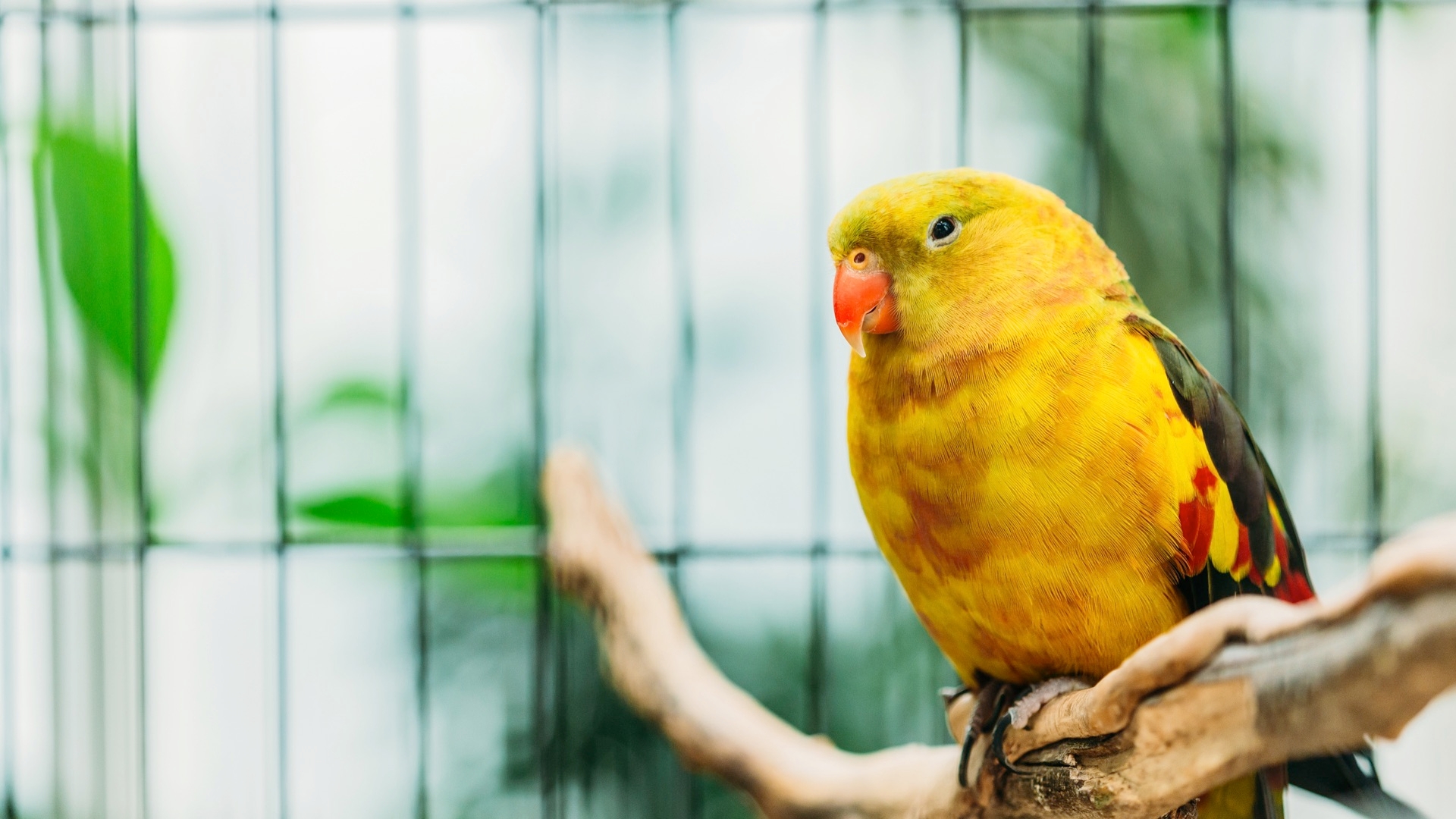The CDC works 24/7 to protect America from health, safety and security threats, both foreign and in the U.S. CDC is one of the major operating components of the Department of Health and Human Services. To read more CDC pet articles, please visit Healthy Pets, Healthy People.
Related Links:
Follow CDC:
Categories:
CDC has categorized their posts with the following categories: Birds, COVID-19, Cats, Dogs, Exotic Species, and Pet Health.
Tags:
CDC has tagged posts with the following tags: aggression, animals, bird, canine, cat, coronavirus, covid-19, dangerous, dog, exotic, feline, ferret, food, food safety, health, pet adoption, pet health, pets, puppy, raw food, responsible pet ownership, wildlife, and zoonotic diseases.
Their most common tags are: ferret, health, pet health, pets, and exotic.
Blog Posts:
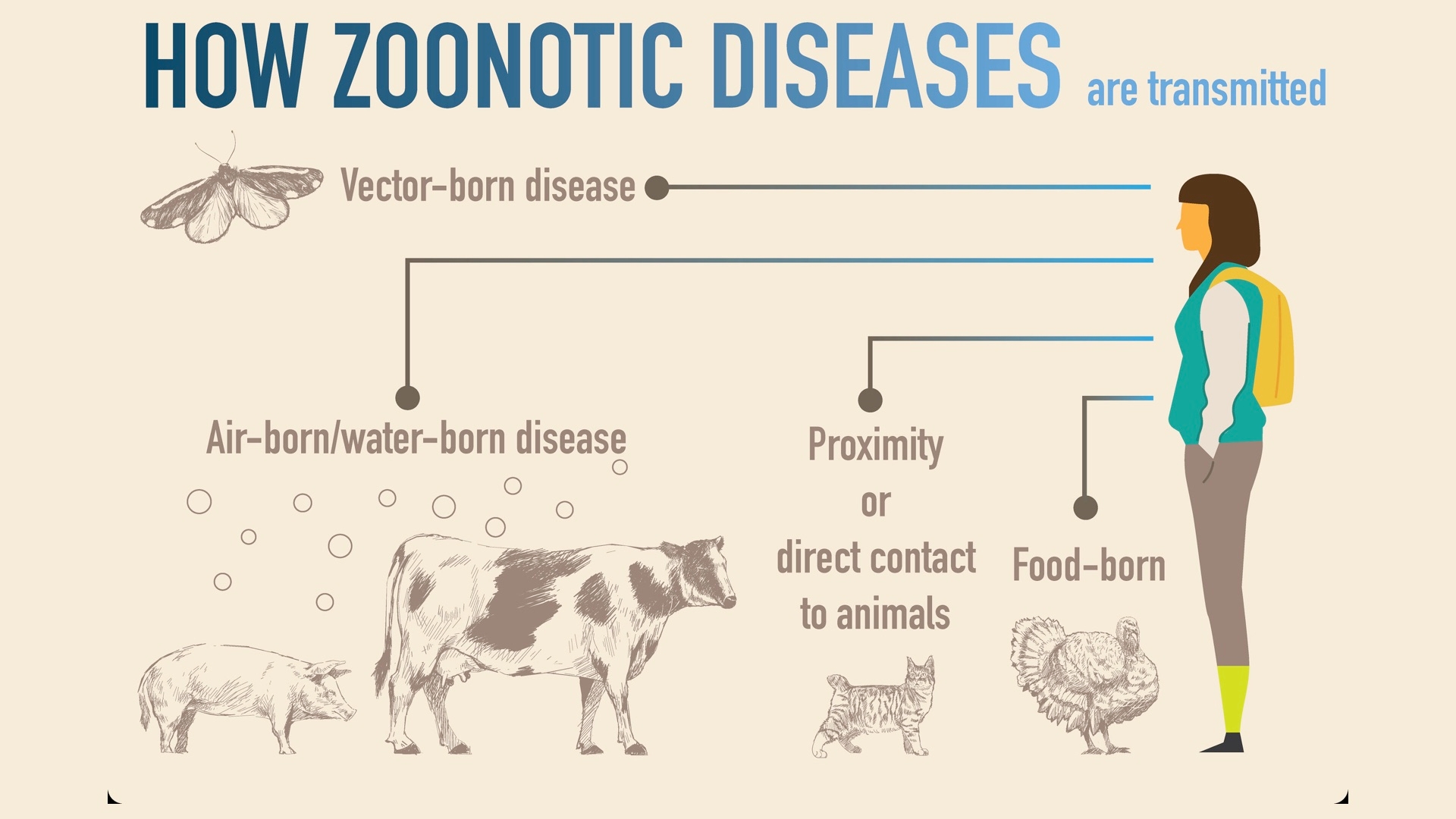
Animals provide many benefits to people. Many people interact with animals in their daily lives, both at home and away from home. Animals provide food, fiber, livelihoods, travel, sport, companionship, and education for people across the globe. Millions of households in the United States have one or more pets. We might come into contact with animals in either urban or rural settings, during travel, while visiting animal exhibits, or while enjoying outdoor activities.

A healthy diet is important for everyone, even your pets! When picking out the right food for your pet, there are important things to consider. While the CDC does not recommend feeding raw diets to pets because of germs like Salmonella and Listeria bacteria, we do have some suggestions on safely handling, preparing and storing raw foods.
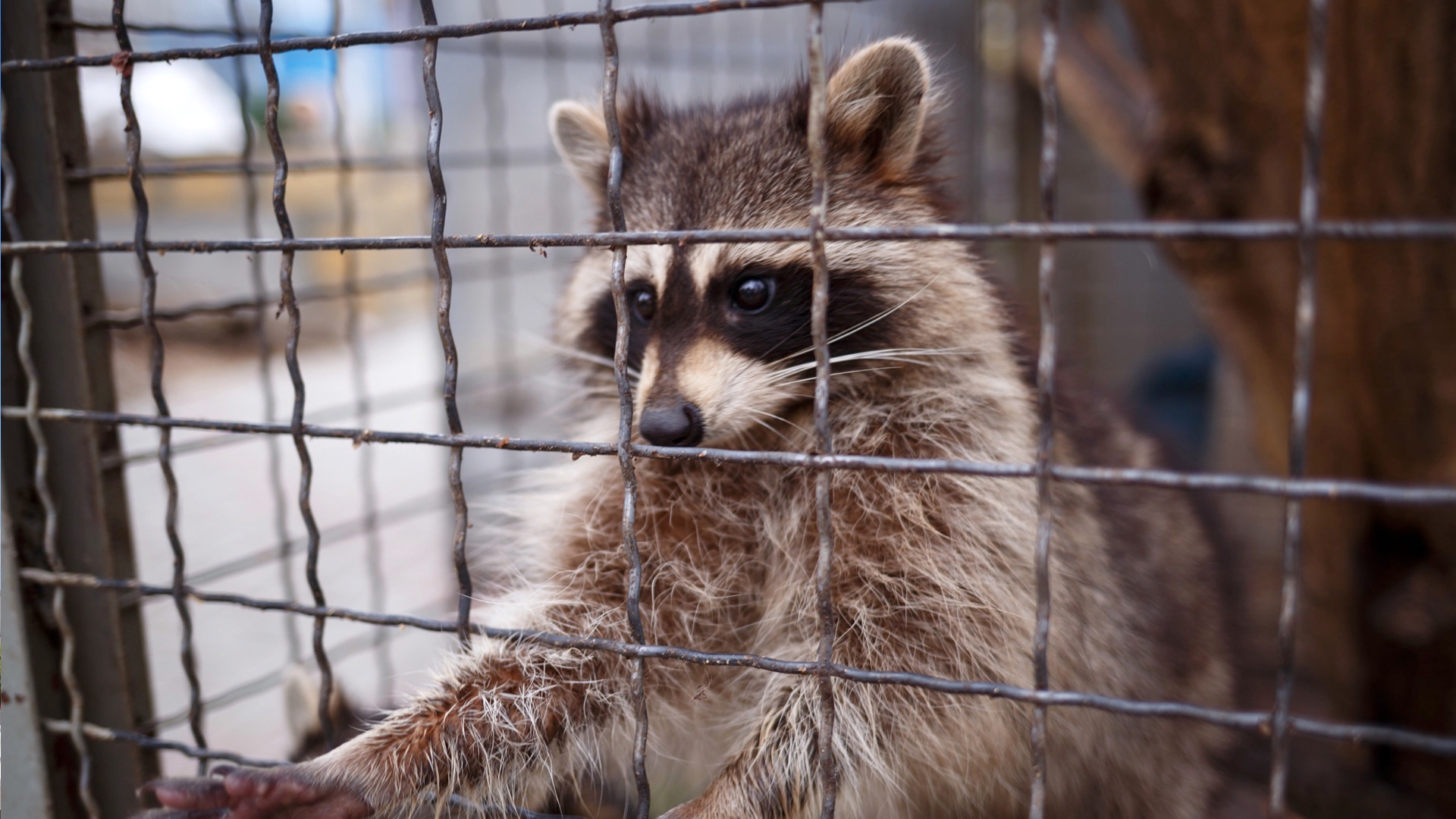
In the United States, more than 90% of reported cases of rabies in animals occur in wildlife. Rabies affects only mammals. Mammals are warm-blooded animals with fur. People are also mammals. Birds, snakes, and fish are not mammals, so they can't get rabies and they can't give it to you. But any mammal can get rabies, including people.
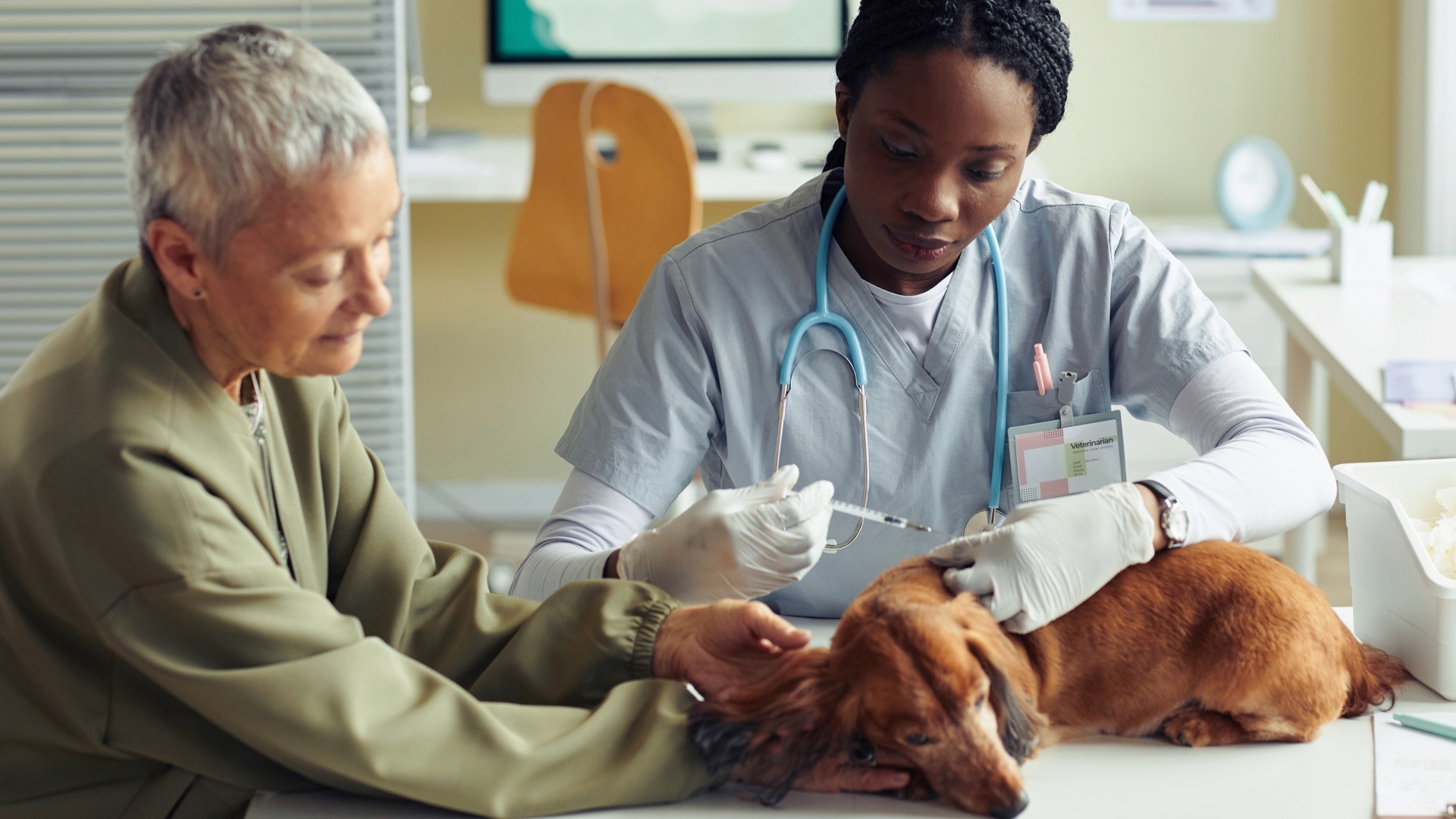
We are still learning about SARS-CoV-2, the virus that causes COVID-19, but we know it can spread from people to animals in some situations, especially during close contact with a person with COVID-19. A small number of pets worldwide, including cats and dogs, have been infected SARS-CoV-2, mostly after close contact with people with COVID-19. Based on the information available to date, the risk of pets spreading COVID-19 to people is considered to be low.

Research has shown that cats can provide emotional support, improve moods, and contribute to the overall morale of their owners. Cats are also credited with promoting socialization among older individuals and physically or mentally disabled people. Nearly 40 million households in the United States have pet cats.

Before buying or adopting a dog or puppy, make sure a dog is the right type of pet for your family. Talk to your veterinarian about the right type of dog for you to make sure the dog you choose fits your lifestyle and needs. Be aware that dogs can sometimes carry germs that can make people sick, even when they appear clean and healthy. Visit your veterinarian for routine care to keep your dog healthy and to prevent infectious diseases.

Feathered pets like parrots can be fascinating additions to the family. Recent estimates say that over 5 million households in the United States have pet birds. Bird owners should be aware that although their pets might be highly intelligent and fun companions, they can sometimes carry germs that can make people sick.
